The 7 Principles Kwanzaa Celebrates Unity
In the last article, I talked about the 7 Kwanzaa celebrates. Now it’s time to dig in. Before I talk about Unity and it’s meaning, not just for Kwanzaa but for me, I’m going to start with setting up for Kwanzaa.
The Setup
One of the things I found interesting with Kwanzaa is the ritualistic nature of it. Dr. Maulana Karenga really wanted to form a respectful tradition and seemed to take time deciding what practices around the holiday would be. Of utmost importance was coming to the celebration with a respectful attitude. All things chosen in the celebration should be of high quality. This is not about taking your scraps out or whatever you have laying around.
There’s also a bit of separateness in the holiday. Dr. Karenga stresses the important of not intermingling Kwanzaa with any other celebrations. The mixing of celebrations diminishes the importance of Kwanzaa. So, Kwanzaa starts the day after Christmas and runs all the way through New Years. In addition, though I’ve heard Hanukah is not a prominent as some Jewish celebrations, it can also occur during this time. If you haven’t already done so, I encourage you to look into the traditions of Hanukah. I found the similarities between Hanukah and Kwanzaa interesting.
 House decorations
House decorations
A big piece of this holiday is its celebration of African ancestry. The host is encourage to decorate the house with African art. From there, the symbols of Kwanzaa are placed in a central location on a table. First, lay the mat on the table, as this will be the setting for all the other symbols. I find this fitting, as the mat represents the tradition and history of African Americans. As such, it’s makes sense it would be the foundation. Place the other symbols on the mat, including the the candles in the candle holder. An ear of corn is placed on or near the mat for each child in the community. There should be no less than 2 ears of corn, even if there are fewer children.
The First Day (Umoja)
 Unity (Umoja in Swahili) is celebrated on the first day of Kwanzaa. The black candle is a representation of Unity and is lit on the first day. The reason the black candle is lit is to emphasize that the people come first. According to the official Kwanzaa website, Unity means:
Unity (Umoja in Swahili) is celebrated on the first day of Kwanzaa. The black candle is a representation of Unity and is lit on the first day. The reason the black candle is lit is to emphasize that the people come first. According to the official Kwanzaa website, Unity means:
to strive for and to maintain unity in the family, community, nation, and race.
From here, everyone celebrates Kwanzaa a bit differently. Some may play African music, beat drums, read, discuss the Kwanzaa principles, learn about African American and African history, or do other things that speak to the African ancestry.
Upon greeting one another, the first person says, “Habari gani?” This means “What’s the News” in Swahili. The responser replies with the principle of the day in Swahili. Being the first day, Unity, the response would be “Umoja.”
Significance to Me
I love the concept of unity. There have been so many movements over the past few decades that are aimed at bringing African Americans together. It’s odd how people turn any actions the Black community makes to bring about unity into something bad or ugly. I think of the Black Lives Matter Movement, as an example. It’s a peaceful movement, bringing to light the racial discrimination coming from authority. Yet it’s dismissed by suggesting the movement means other lives don’t matter, which is simply not true. Awareness is so important for change.
I’ve traveled the United States and have been to a variety of different ethnic towns… Chinatowns, Japan Towns, Korean Towns, Russian Towns. Whole districts are dedicated to supporting its ethnicity. I was a financial advisor in a town heavily populated with individuals of Korean descent. They were some of the hardest clients to convert, because they all had Korean financial advisors.
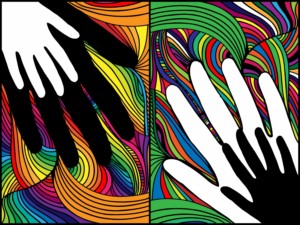 Working in a small business development center, I worked with a host of Africans… Africans from Africa with thick accents and all. When they talked about getting support for their business, it was from the local African communities. It was beautiful and eye opening to see an ethnic group come together to support one another.
Working in a small business development center, I worked with a host of Africans… Africans from Africa with thick accents and all. When they talked about getting support for their business, it was from the local African communities. It was beautiful and eye opening to see an ethnic group come together to support one another.
When I think of unity, I think of how wonderful it would be to see our own Black communities be supportive of one another. I can only imagine what we could do if we uplift each other… if we weren’t afraid to say, I support Black businesses. If we weren’t convinced that supporting our ethnic group was negative discrimination, how much further could we go?
I would love to hear your thoughts on unity in the Black community. What does it matter?




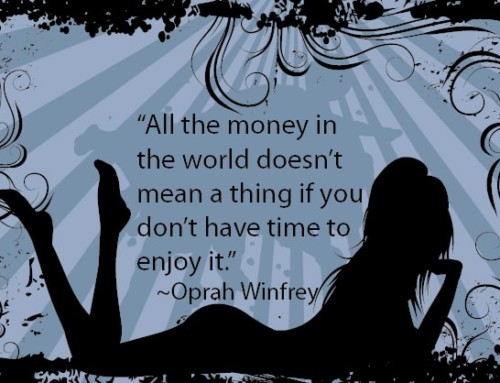
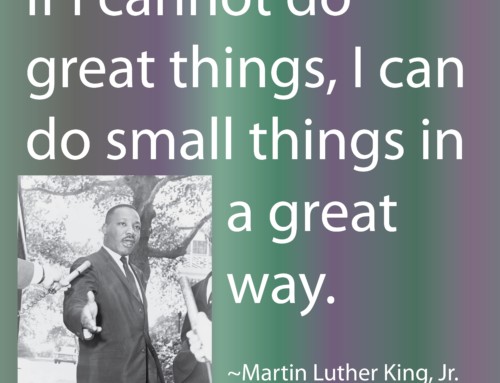
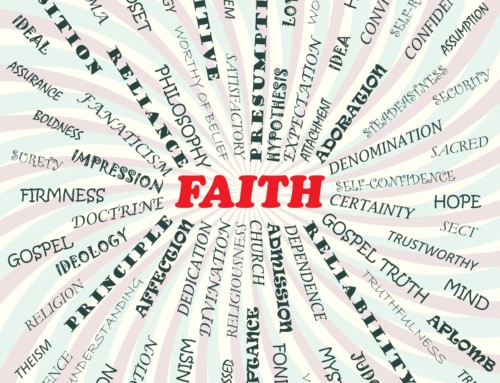
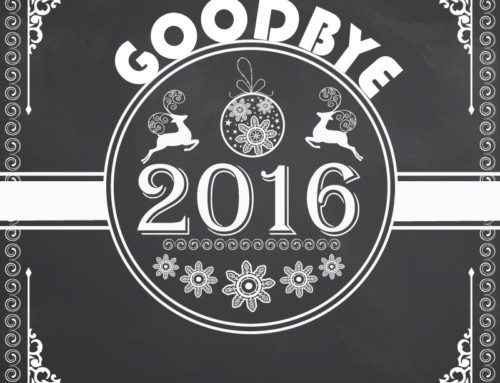
Leave A Comment